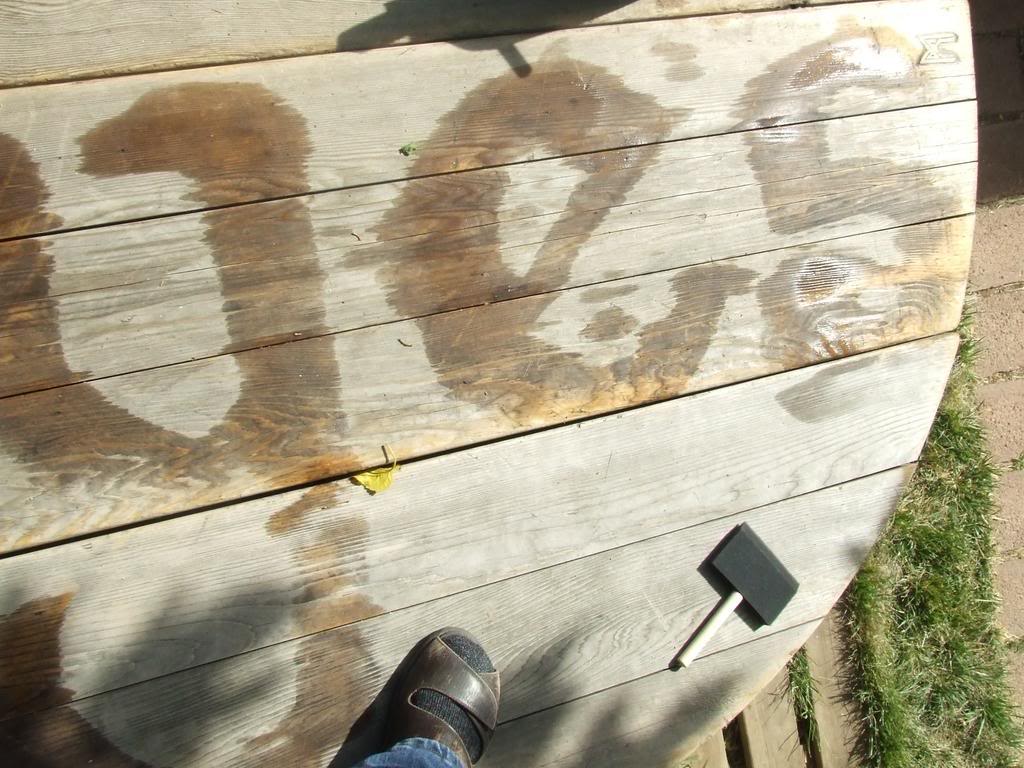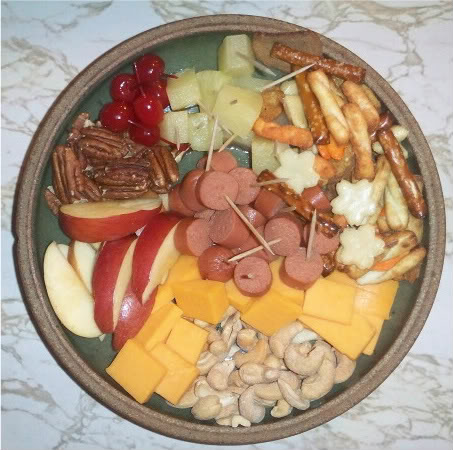
Sometimes I've been criticized for saying that I won't say my child is reading until he or she can pick something up and read it. Not something I planted and that they've practiced, but something strange and new. If I can leave a note saying "I've gone to the store and will be back by 10:30," and if the child can read that, then I consider that the child is reading.
Others want to say "My child is reading" if he can tell Burger King's logo from McDonald's. I consider that more along the lines of distinguishing horses from cows. Yes, it's important, and yes, it can be applied to reading, but it is not, itself, reading.
Schools have a term for this preparatory, related stuff: Reading Readiness. And many of their six and seven year old students are "getting good grades in reading" because they're cooperative during reading readiness drills.

If parents are unaware of this, they will waste emotion and energy worrying or pressuring young children about reading. The problem is, reading is something that can take years of slow development. It requires some maturity of mind and body, neither of which can themselves read a calendar.
My recommendation to worried parents is to smile and wait and hold your child lovingly and to do no damage to his happiness while you're waiting for the day he can really read.
first photo by Sandra Dodd, of her own water calligraphy, in Albuquerque
second photo by Kelli Traaseth, of Kyra's writing, in Duluth
__





